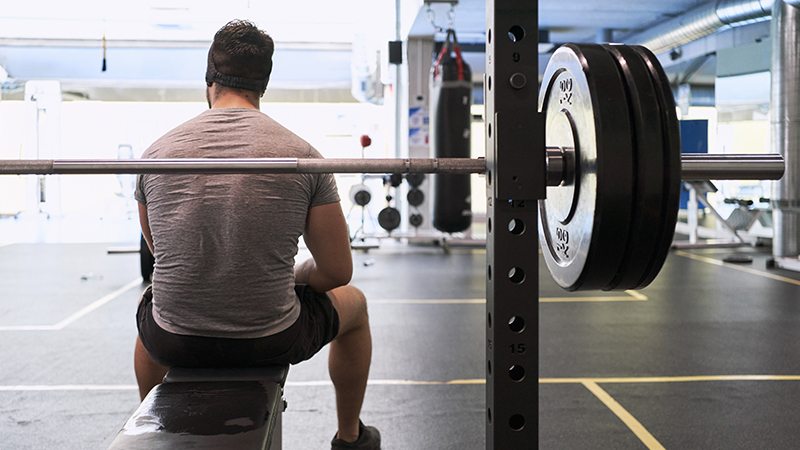How to Train Safely for a Race
Training Q and A for Different Distances
Whether it’s your first 5K or your third full marathon, training is essential to race season. Healthy habits can make or break training routines. Total body strength training, investing in the best gear and practicing proper form are the foundations of what could become a lifelong passion.
Steven E. Mayer, MD, a sports medicine specialist at Northwestern Medicine Regional Medical Group, gave us the lowdown on how to train for different distances.
1. When should you begin training for a 5K, half-marathon or marathon?
Preparation for a 5K, half marathon or marathon is a very individual process that is guided by your underlying fitness level.
If you are sedentary you may need to begin training for a 5K several months prior to the event. A very fit and experienced athlete may need little to no preparation or perhaps a few weeks to get ready. The majority of athletes looking to prepare for a half or full marathon typically develop a training plan that lasts approximately 12 weeks, but this will widely vary depending on fitness and experience.
2. What is tapering?
Tapering is a term used to describe the later part of a training plan when you gradually decrease your training time and/or mileage to be fresh for the race event.
For a half marathon or marathon, this is usually started about 2 weeks prior to the race but again this will vary based on individual fitness and experience. Tapering for a 5K can be done over just a few days in most cases.
3. What do you recommend for post-race recovery?
Post race recovery is very important. It starts when you cross the finish line. I recommend you keep walking after you cross the finish line for several minutes so your blood doesn’t pool in your legs which can make you light headed. It is generally a good idea to rehydrate and replenish within 20-30 minutes of a race. Head to the snack stand and refuel with water, electrolytes, carbohydrates and protein after a race.
4. How should I adjust my diet during training?
A healthy diet during training is very important. I recommend fruits, vegetables, water, lean meats, healthy fats (omega 3’s) and healthy carbohydrate sources. The better you eat the more your body will be able to optimally perform and the less gastrointestinal distress you will get during training and racing.
5. How can I prevent injury during training for a race?
Injury prevention is a crucial topic to consider when training for a race. My advice is to start slow and increase training gradually as tolerated. Back down if you feel pain and seek medical attention for persistent pain. Make sure you work on core strengthening and not simply running to help prevent overuse injuries.
6. How do I avoid “overtraining”?
Overtraining can be difficult to avoid when you are excited about a race. Start slow and go gradually. Give yourself days off periodically even if you do not feel like you need it. Cross train (bike, swim or use an elliptical) once or twice a week to give your body a break from the impact of running. You can also consider a certified running or triathlon coach to individualize your training plan.






